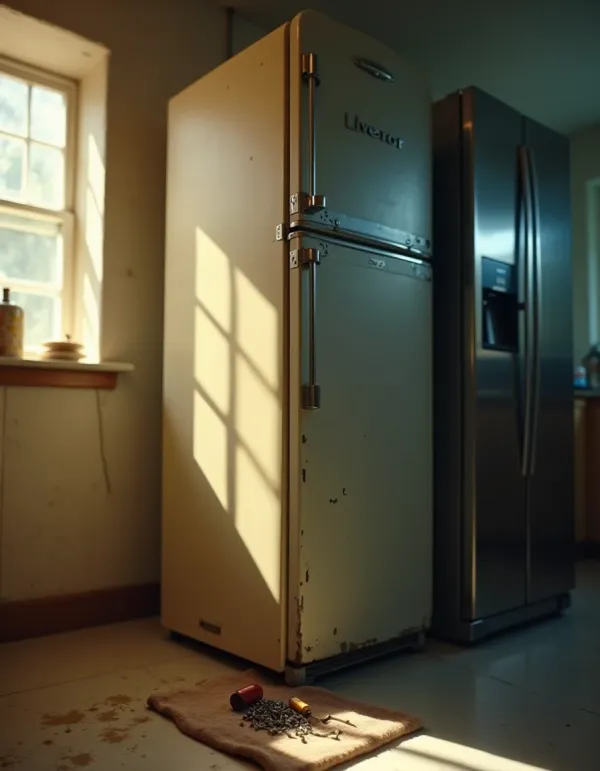Thinking of Leaving Your Husband at 38 — Will It Hurt Your Family?
Your husband cheated, ignored boundaries, and may put your kids at risk - but will leaving hurt them more than staying? Read a clear, practical guide that puts safety first, outlines legal and emotional steps, and offers a checklist you can use today.

Short version: you’re asking whether walking away from a relationship where your husband has cheated, ignored boundaries and put your kids at risk will damage your family more than staying. That’s a huge, raw question. Let’s break it down so you can breathe, think clearly, and act like somebody who loves themselves and their kids.
The real stakes — what people notice
Some people say staying will do more harm than leaving. Constant disrespect, infidelity, and risky behavior quietly teach kids that this is “normal” — that they should accept less than healthy love. Others point out that leaving is painful, and that divorce does hurt kids in the short term. Both things can be true.
“It might hurt more if you stay. Raising children in a house of disrespect is traumatic.”
How people recommend approaching this
- Put safety first. If there’s a risk to your children (unvetted adults around them, being left alone, sexual behavior in shared spaces), act immediately. Temporary separation, moving the kids to a trusted relative, or changing routines can protect them while you sort things out.
- Document what matters. Keep records of dangerous incidents, messages, witnesses, and anything that shows boundaries were crossed. This helps with custody and protection decisions later.
- Get legal advice early. Laws vary, but many places allow no‑fault divorce and courts consider parental behavior when deciding custody and support. Learn what your options are in your jurisdiction. (See general info about divorce: https://en.wikipedia.org/wiki/Divorce)
- Don’t let labels excuse abuse. Some will call it addiction; others call it choice and disrespect. Either way, behavior that endangers kids or refuses responsibility can’t be fixed by hope alone. Therapy is useful, but only if the person wants to change.
- Consider separation as a test. A formal or informal separation gives you space to see if change happens and lets you build a safety and financial plan without hasty decisions.
- Protect your health. If there’s sexual infidelity, get tested and keep your kids’ medical needs current.
What about the kids?
Kids don’t just respond to events — they learn from patterns. Some people warn that staying models unhealthy relationship norms and can pass on generational trauma. Others note that sudden separation hurts in the short term. A calmer home with healthy boundaries and consistent support usually trumps a loud, unstable one.
If you separate, explain things in age‑appropriate ways, reassure them it’s not their fault, and keep routines. Seek child counseling if they struggle — help for them now can stop problems later.
Practical next steps (a checklist)
- Find a lawyer or legal clinic for an initial consult.
- Put important documents in a safe place (IDs, birth certificates, financial records).
- Arrange emergency childcare or a place to stay if needed.
- Get basic medical checks for you and the kids if infidelity or health risks are present.
- Start seeing a therapist or join a support group — for your own clarity and resilience.
Final note
This isn’t about punishment. It’s about what you’ll accept for your children and yourself. Some people will urge you to leave now; others will stress getting support and planning a safe transition. Either way, you don’t have to decide alone. Reach out to a lawyer, a therapist, and a trusted friend or family member. You deserve a life that models respect to your kids — and you can get there, one cautious step at a time.
If you want, I can help draft a list of questions to ask a lawyer or a therapist, or a safety plan you can use right away.




